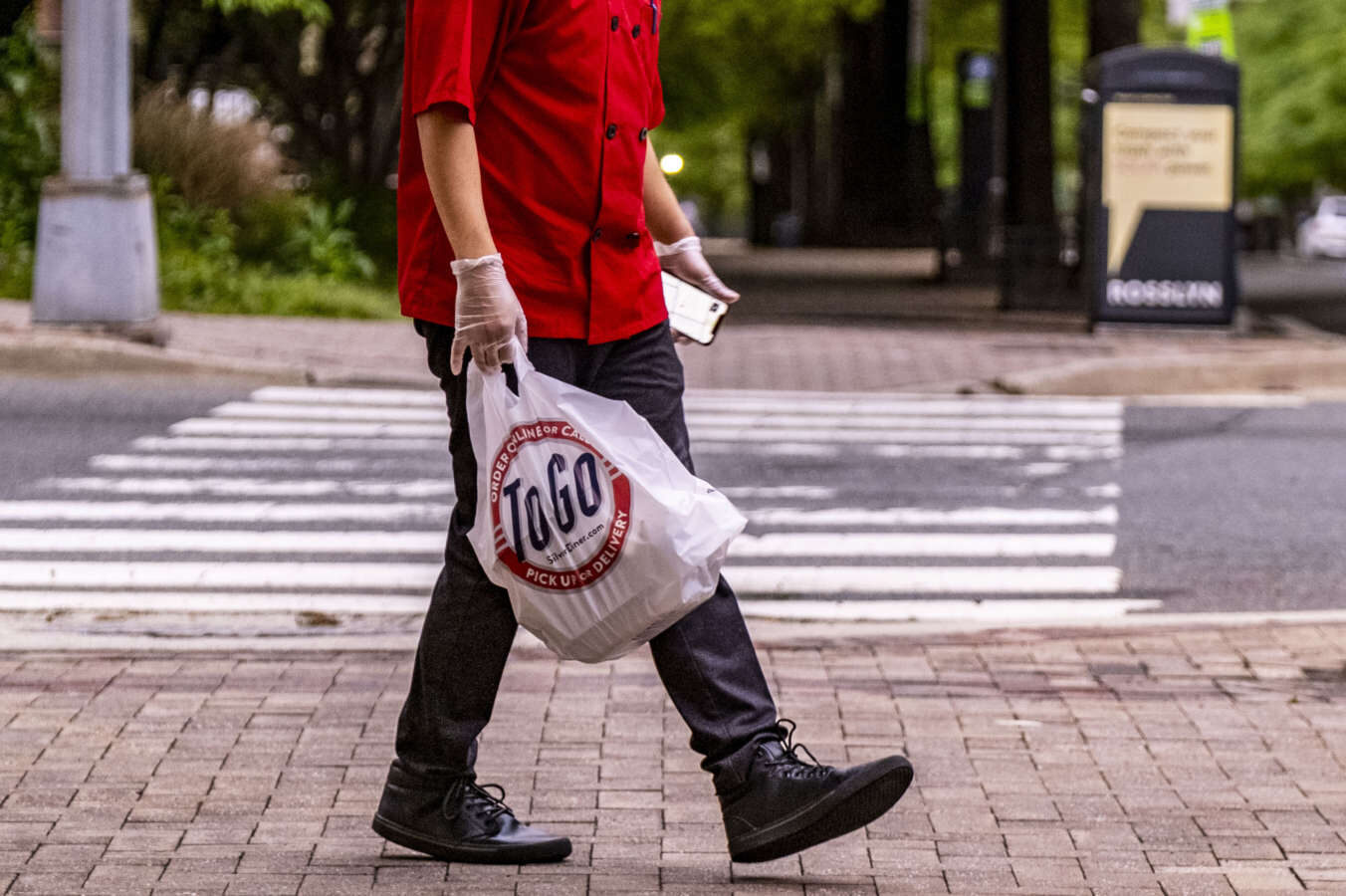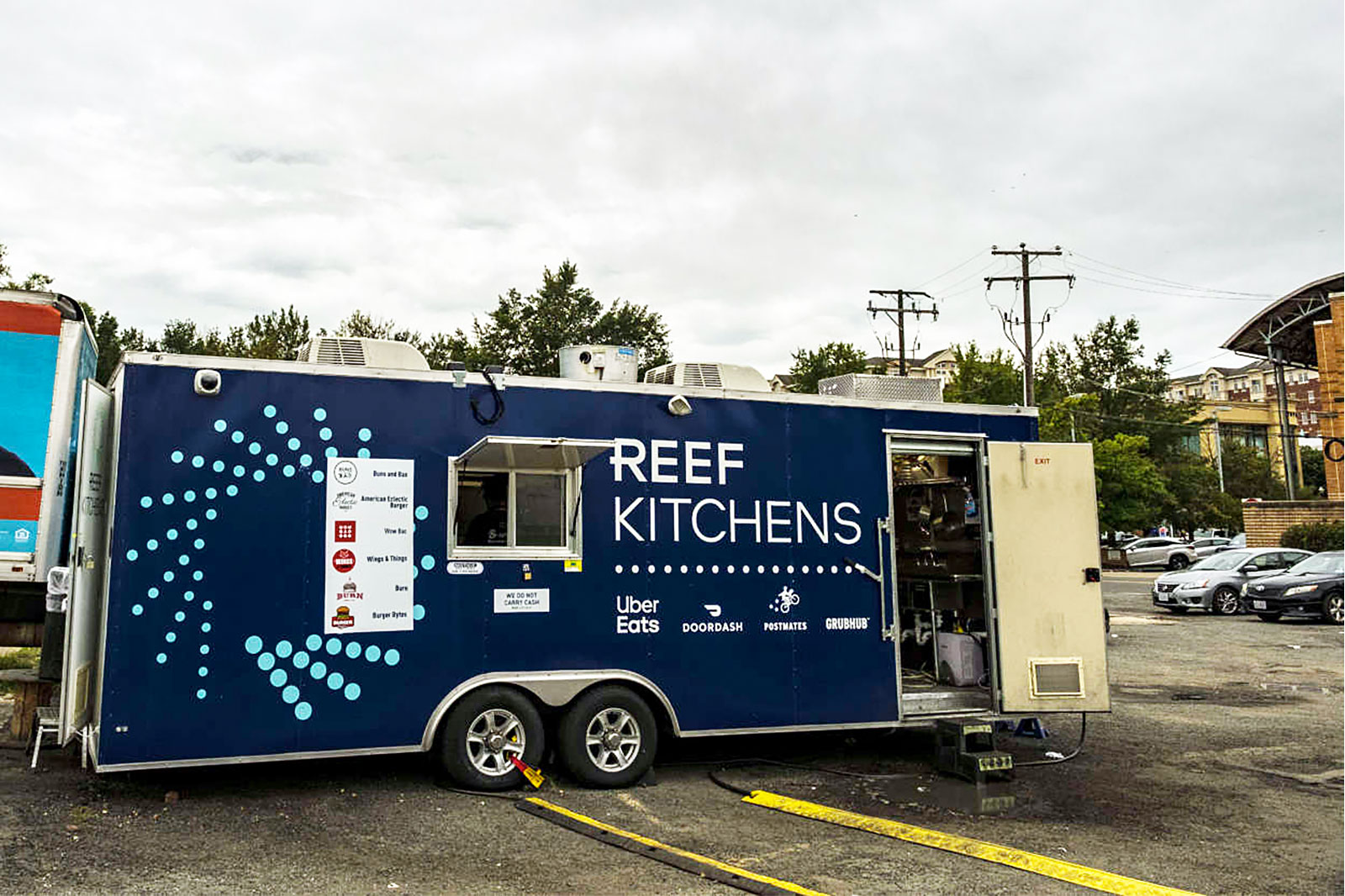In another bid to encourage business growth, the Arlington County Board has made it easier to open shared kitchens and catering and food delivery operations.
On Saturday, the Board voted to amend the zoning ordinance to allow these uses by right in mixed-use, commercial and industrial zones throughout Arlington County. The changes streamline the regulatory approval process for several food-related uses, according to a county report.
“The outcomes of expanding food delivery to a by-right use support small business resilience by relieving businesses of unnecessary work,” the report said. That includes going before the County Board to seek approval for each use.
The changes are part of a flurry of approvals in the last 14 months to allow more uses by-right in these zoning districts. So far, the County Board has greenlit uses such as breweries, micro-fulfillment centers, podcasting studios, indoor pickleball and other emerging businesses to operate where they previously could not set up shop or needed special permission to do so.
All these updates happened in quick succession because County Manager Mark Schwartz debuted a faster zoning approval process that streamlined community engagement. The intent was to help Arlington respond quickly to changing market conditions and, ultimately, tackle the high office vacancy rate.
Food service was the next candidate for an update because, the report says, local regulations treated delivery operations like it was still 1988. (The iPhone debuted in 2007.)
Per the report, the zoning ordinance “does not account for the present-day popularity of modern food delivery services,” requiring food delivery not to exceed 20% of a restaurant’s sales.
Restaurants were relieved of that kind of provision — borne from a concern about delivery vehicle congestion — during the pandemic, the report said.
Food delivery has become a permanent part of how Arlingtonians eat, even after Covid dining restrictions lifted. This new way of doing business was under threat by the expiration of the Covid-era Continuity of Governance ordinance that relaxed delivery regulations.
The changes approved on Saturday, then, came in the knick of time for new and existing businesses, as the ordinance is set to expire in August — meaning the county would have reverted to 1988 delivery standards.
Businesses would have had to obtain County Board approval to continue delivery, had the Board voted down the zoning change. Some already did — Foxtrot in Rosslyn, for instance, went before the Board earlier this year to continue delivering beverages, ready-made food and grocery items.
Saturday’s vote also is helping another player in the app-based food delivery ecosystem: trailer-based ghost kitchens, the kind of which you might see in a parking lot between Clarendon and Courthouse. Ghost kitchen operators will no longer need certain permits to continue cooking.




